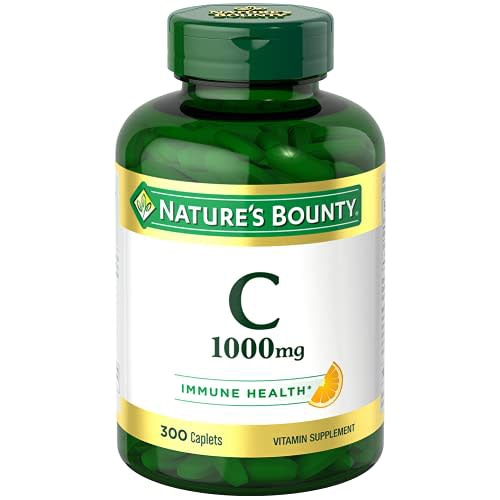Certain foods and nutrients can
impact your mood, concentration and focus. Some foods can ease a depressed mood, help with focus and increase energy levels. Mood, in turn, can affect the foods you choose to eat. You may find yourself dipping into some ice cream after a stressful day or maybe lose your appetite when you are feeling down.

How to improve your mood with food
Keep blood sugar levels steady to improve
mood and anxiety.
Eating patterns can cause mood swings due to blood sugar fluctuations. Without a steady source of fuel from the foods we eat, our minds and bodies don’t function well. Eating smaller portions spread out more evenly throughout the day may keep those
blood sugar levels more consistent. Eating regularly and avoiding skipping meals, especially breakfast, will help keep those blood sugar levels steady.
Foods such as refined carbohydrates and sugar-sweetened beverages can make blood sugar levels rise and fall rapidly leading to a decrease in energy and an increase in irritability. Foods with enough protein,
healthy fats and fiber keep blood sugar levels stable after meals to improve mood.
1. Eat balanced meals
Balance meals by combining protein, fat, fiber and colorful fruits and vegetables. Don’t cut out entire food groups. Studies found that diets low in carbohydrates increased feelings of anger, depression and tension and diets high in protein and low in carbohydrates increased anger.
2. Stay hydrated
Being even
mildly dehydrated can contribute to low energy, anxiety, depression and trouble concentrating. One of the fastest ways to improve mood is to drink some water. Try a flavored
sparkling water for a little fizz. You can also choose water filled fruits and vegetables such as melons, berries, lettuce and cucumbers.
3. Maintain a healthy weight
Research has found a strong correlation between depression and overeating, particularly when overeating becomes binge eating.
Studies have shown that stress and high-fat, low-nutrient foods cause people to be more prone to binge eat. If overeating leads to weight gain and an inability to control binge eating, depression may follow. Depression itself may also trigger overeating as a coping mechanism creating an unhealthy cycle. Conversely, under-eaters may feel depressed, low and irritable and prone to being enraged due to the lack of nutrients needed for a good mood.
4. Get a variety of fruits and vegetables for adequate nutrient intake.
Including all the food groups with lots of colorful fruits and vegetable in your diet assures that all your nutrient needs will be met.
Nutrients that have been linked to a healthy mood are:
5. Increase omega-3 fatty acids
Low blood levels of polyunsaturated omega-3 fatty acids are associated with depression, pessimism and impulsivity according to a
study by the University of Pittsburgh Medical Center. Fatty fish such as salmon, tuna, mackerel and sardines are great sources of omega-3 fatty acids. If you don’t eat meat, you can opt for walnuts, flax seed, seaweed or
chia seeds.
6. Take care of your gut
Gut bacteria produce hundreds of neurochemicals that the brain uses to regulate mental processes. Gut bacteria manufacture about 95% of the body’s supply of serotonin, which influences both mood and GI activity.
Few studies have investigated the effects of how beneficial gut bacteria might promote psychological well-being in humans and more research needs to be done. Adding probiotic foods such as yogurt,
kefir,
sauerkraut and kimchi can provide your gut with healthy bacteria. You may also choose a
probiotic supplement.
7. Get enough protein
Protein consumption (from foods like fish, beef, chicken, turkey,
tofu, beans, eggs and plain yogurt) has been linked to higher levels of dopamine and norepinephrine, which are brain chemicals than are associated with mood, motivation and concentration.
8. Limit caffeine
Caffeine has stimulant effects enhancing alertness, vigilance and reaction time, but also increases anxiety in susceptible individuals. Opt for decaffeinated coffee or an
herbal tea to reduce your caffeine intake.
9. Go Mediterranean
There has been consistent evidence showing that a
Mediterranean diet which consists of an increased intake of fruits, vegetables, nuts,
omega-3 rich fish, legumes and olive oil may lower the risk of depression. An example of a day of Mediterranean meals is yogurt with berries and chia seeds for breakfast, a whole grain sandwich with
hummus and vegetables for lunch, and a salad with tomatoes, olives, cucumbers, feta cheese and grilled chicken drizzled with olive oil and balsamic vinegar for dinner. Snacks may include a handful of almonds, a piece of fruit or Greek yogurt.
You may not notice changes in your mood immediately but by making some improvements in your eating habits, along with regular daily activity, over time you may notice a little more pep in your step.




